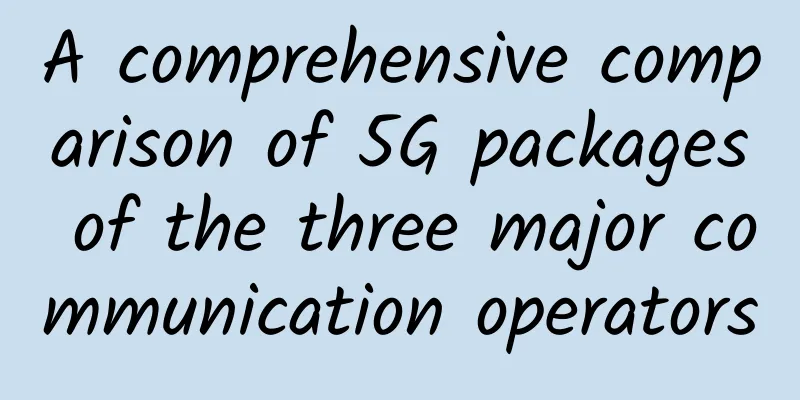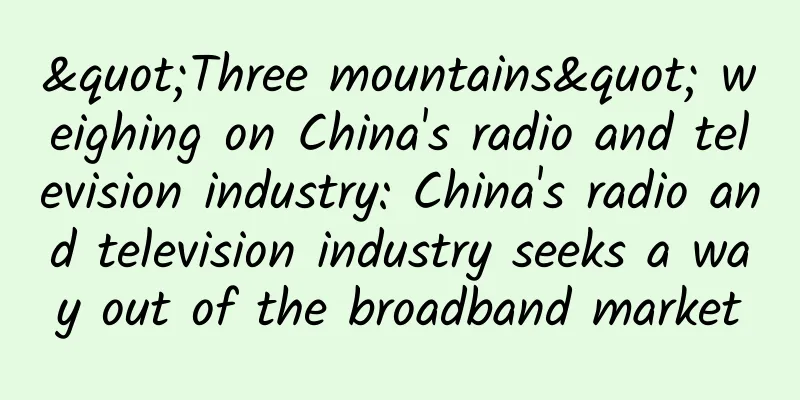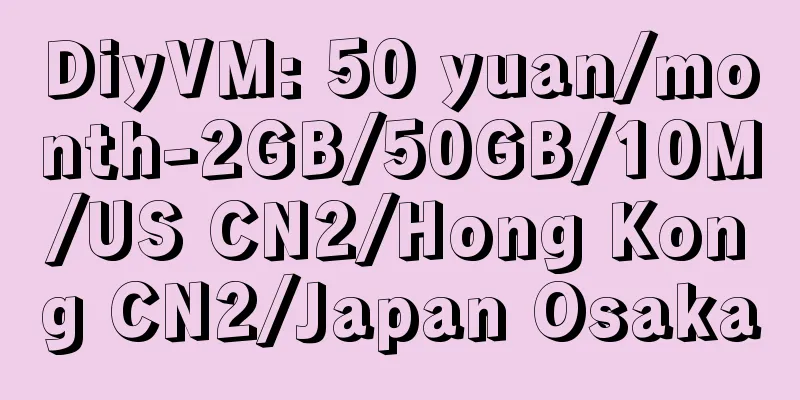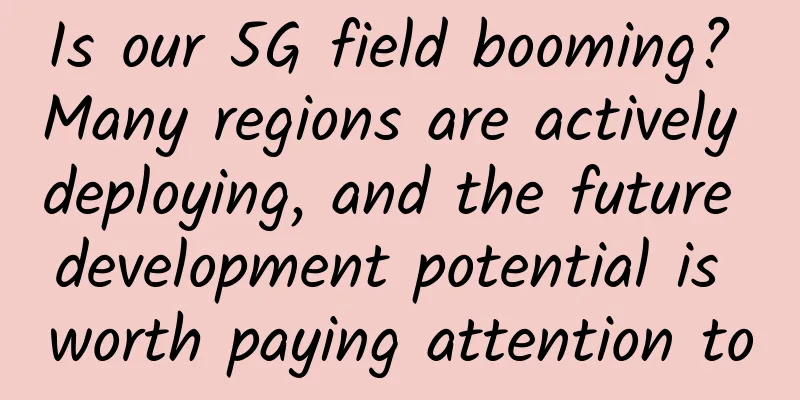A comprehensive comparison of 5G packages of the three major communication operators

|
Unlike the fierce price competition in the 3G and 4G eras, after entering the 5G era, the three major telecom operators began to shake hands and make peace at the request of the competent authorities, and the tariff policies they introduced basically no longer have obvious price differences.
Of course, the operators had been fighting each other to death before because there were hard indicators such as relevant KPIs and market share hanging over their heads. If they did not compete for the market, how could they achieve various KPIs? Fortunately, in the 5G era, the competent authorities have finally realized this development drawback. At the same time, considering that the communications market is already a stock market, the market share and KPI assessments have been cancelled. Everyone has sincerely focused on improving user service quality and optimizing network quality. For example, the 5G packages launched by the three major telecom operators are divided into six levels from 128 to 399 yuan. In fact, the contents of the packages of the same level are basically the same. Except for China Mobile's emphasis on the difference between domestic and international calls, China Telecom and China Unicom are almost the same in terms of call minutes. The specific traffic of each package of the three operators is exactly the same. In other words, for ordinary consumers, if they need to make frequent international calls, it is more cost-effective to choose China Mobile; if they just need ordinary domestic calls and Internet access, China Telecom and China Unicom packages are free to choose. However, there is no difference in the package value, and the key to market competition lies in the services and network quality provided by operators. For example, the package selection of China Unicom and China Telecom is influenced by the difference in customer service between the two companies and the specific network coverage, Internet speed and experience. Although China Telecom and China Unicom have fully implemented co-construction and sharing in the 5G era, and theoretically have the same network coverage and quality, the difference in their respective service systems has become the key to user selection. It is reported that as of October this year, my country has opened more than 700,000 5G base stations, of which China Mobile has opened 390,000 5G base stations nationwide, and China Telecom and China Unicom have built more than 310,000 base stations. Relatively speaking, the network coverage is mainly arranged in the order of China Mobile>China Telecom>China Unicom, but if the service quality is taken into account, it cannot be simply stated. So, in a word, the key to 5G user competition is no longer the package content and price, but the network and service value outside the package. In your opinion, which operator's network quality and service quality do you most approve of? If you want to switch to 5G, which package would you prefer? |
<<: Microsoft redesigns the calling interface in Teams
Recommend
5G is changing society, but is millimeter wave still missing?
Three years ago, 5G ushered in the first year of ...
CloudCone: KVM in Los Angeles MC Data Center starts at $1.99 per month, supports Alipay/PayPal
CloudCone is a foreign VPS hosting company founde...
Tong Yongyue of Yunfan Accelerator: In 2017, we hope to become the standard CDN in the streaming media field
【51CTO.com original article】With the rapid rise o...
Three major problems facing my country's 5G base stations
At present, the development of 5G commercializati...
The number of Internet users in my country has reached 1.011 billion, and the Internet penetration rate has reached 71.6%.
According to the website of China Internet Networ...
The Internet of Things is gradually entering a new era. These will affect our lives in the future.
Today, the rapidly developing IoT devices can rea...
18 pictures tell you: 10 key technical points that a 90-point network engineer should master
"As a network engineer, what does it take to...
[12.12] DogYun Dynamic Cloud 40% off, Classic Cloud 20% off, Dedicated Server 100 yuan off per month, Lucky Wheel Prize draw
DogYun is a Chinese hosting company founded last ...
PacificRack Spring Festival Promotion: 1GB20GB/2TB/Los Angeles KVM annual payment of $8.88
PacificRack has released a new promotional packag...
HostKvm is now available in Hong Kong International Zone C, 1Gbps bandwidth Hong Kong VPS 20% off starting at $6.8/month
HostKvm has sent a message about the new Hong Kon...
China Mobile's 5G package customers increased by 15.593 million in March, reaching a total of 188.761 million
[[394613]] On April 20, China Mobile announced it...
Are you still worried about TCP retransmission, sliding window, flow control, and congestion control? You won’t have to worry after reading the diagrams.
Preface The previous article "Whether it is ...
China Mobile: More than 560,000 5G base stations have been built
At the 2021 China Mobile Global Partner Conferenc...
Chen Jinqiao: China's 4G network sets a world record and its network quality is the best in the world
On December 23, at the annual APP awards ceremony...
Sharktech: $99/month-2*E5-2670V2/32G memory/500G SSD disk/1Gbps unlimited traffic/Los Angeles data center
Sharktech is a long-established DC merchant in th...









